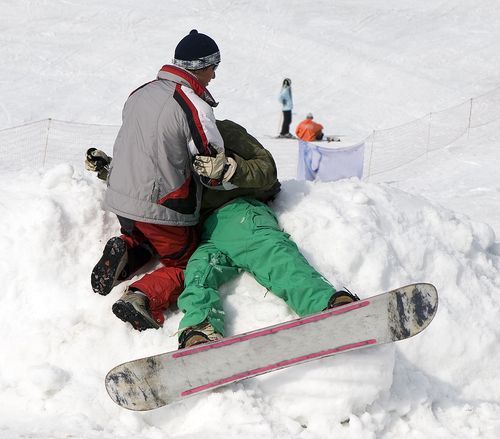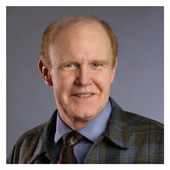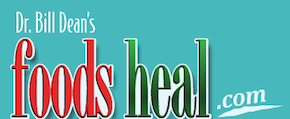Should You Eat If Injured?
 An acute injury occurs What to do?
An acute injury occurs What to do?
First thing is to assess the injury and see what the damage is Surprisingly this step is skipped and then later issues from not knowing the extent of the injury can be a problem
The next is to prepare the mindbody for healing From a matter science view severe hospitalized injuries requiring ventilatory support represents less than 20% of injuries The rest are treated at home
This is where the energy science can help play a role in getting through the healing of the injury, whether it be from surgery(controlled trauma) or sustainded by an accident
I've written in the past about the value of assessing the scraped surface of the tongue every morning because it gives us an insight into the functional health status of the GI(gastrointestinal) tract
Let's consider the appearance of the tongue in the aftermath of an acute orthopedic injury which is in my case was an arm fracture ocurring 7 days ago while skiing
Even though I've not been eating a lot of food because I have a poor appetite, the scraped tongue appearance mirrors what my appetite has already expressed Don't eat The taste buds are congested with white lymphatic fluid and this mirrors the GI lymphatics and their similar cogestion
This observation means the GI tract as an energy tube is not functional
It would seem reasonable to force eating and using supplements in the aftermath of a severe injury to recover from the injury because the mindbody would require calories to heal
But both the GI tract and the tongue are telling me a different story
So what's a person to do?
If needing to eat use something simple to digest
Don't use supplements in the acute phase of recovery until tongue is back to preinjury status and appetite is back
Use juices instead if they satisfy the appetite
Until tomorrow To health as a Skill Love DrBill




